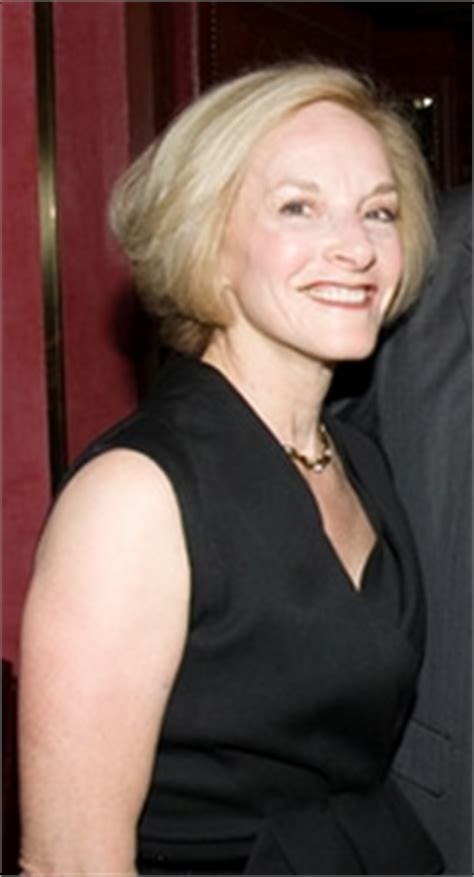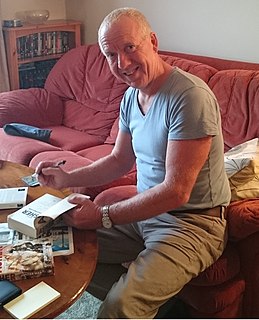A Quote by Karl Schroeder
Peter Watts has taken the core myths of the First Contact story and shaken them to pieces. The result is a shocking and mesmerizing performance, a tour-de-force of provocative and often alarming ideas. It is a rare novel that has the potential to set science fiction on an entirely new course. Blindsight is such a book.
Related Quotes
In period pieces or genre pieces, those have to be set in historical truths. But, science fiction has different game pieces. And with those game pieces come other stories we're not familiar with. So, science fiction teaches us how to relate to outsiders, to foreigners, and to not approach any of that with fear, but a genuine curiosity.
Blindsight is excellent. It's state-of-the-art science fiction: smart, dark and it grabs you by the throat from page one. Like a C J Cherryh book it makes you feel the danger of the hostile environment (or lack of one) out there. And it plays with some fascinating possibilities in human development, and some disconcerting ideas about human consciousness. What else can I say? Thanks for giving me the privilege of reading this.
One easy mistake to make with the first novel is to expand the short story. Some things are better as a story; you cannot dilute things into a novel. I think the first hundred pages of a novel are very important. That's where you set things up: the world, the characters. Once you've set that up, it'll be much easier.
The average detective story is probably no worse than the average novel, but you never see the average novel. It doesn't get published. The average -- or only slightly above average -- detective story does.... Whereas the good novel is not at all the same kind of book as the bad novel. It is about entirely different things. But the good detective story and the bad detective story are about exactly the same things, and they are about them in very much the same way.
Science fiction is fantasy about issues of science. Science fiction is a subset of fantasy. Fantasy predated it by several millennia. The '30s to the '50s were the golden age of science fiction - this was because, to a large degree, it was at this point that technology and science had exposed its potential without revealing the limitations.
A romance novel is more than just a story in which two people fall in love. It's a very specific form of genre fiction. Not every story with a horse and a ranch in it is a Western; not every story with a murder in it is a mystery; and not every book that includes a love story can be classified as a romance novel.
The Lusitania is important, of course, because this is where Germany began its maritime campaign using this brand-new weapon. We have to appreciate how the submarine, as a weapon against civilian shipping, was a particularly novel thing - so novel that many people at the time dismissed its potential power, its potential relevance.



































